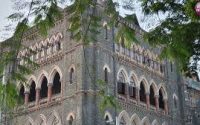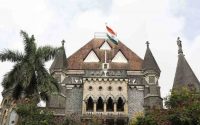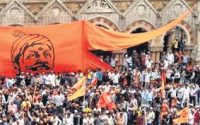$100 Website Offer
Get your personal website + domain for just $100.
Limited Time Offer!
Claim Your Website NowBombay High Court upholds Maratha quota, says cut it from 16% to 12%
Source: indiatoday.in
A division bench in the Bombay High Court has upheld the Maratha Reservation Bill saying that the state is within its right.
We hold and declare that the state government possesses legislative competence to create a separate category of the Socially and Educationally Backward Class and grant reservation, the court said.
However, the high court said that the reservation should not be 16 per cent but 12- 13 per cent as recommended by the backward commission. It said that 16 per cent reservation to the community was “not justifiable”.
The high court asked the state government to bring down the reservation for Marathas in educational institutions to 12 per cent and in government job appointments to 13 per cent reservation.
The court said that reservation constitutionally cannot go above 50 per cent. But this is an extraordinary situation demanding extraordinary solutions.
“Fifty per cent limit should not be crossed but it can be done in certain exceptional cases as stated by the backward commission,” the Bombay High Court said.
Maharashtra already had 52 per cent reservation and with the added percentage, the reservation has gone up to 68 per cent.
There were celebrations witnessed outside the court, even as some of the Maratha community members said that they were upset with the reduction of reservation from 16 per cent to 12 and 13 per cent.
Vinod Patil, a Maratha community member who had approached the court in support of the Maharashtra government said, We are extremely happy with this judgement. The legality of the reservation has now been proved. But we will decide on the road map ahead about the percentage of reservation in the coming days after we get the entire judgement.
Even as Maratha Kranti Morcha flags were waved and sweets distributed amidst loud sloganeering, the police officials had a difficult time controlling the crowd.
Extra forces were brought in, but by evening the entire crowd dispersed.
One of the petitioners, Ashish Gaikwad, said, The court has taken the decision based on the quantifiable data that was mentioned in the State commission report. The Maratha community population is registered to be 32 per cent. Reservation to half of this population (16 per cent) was suggested. But, the commission can give only recommendations under the act, and it is the government’s right to decide the final parameters.
Lawyer Ejaz Naqvi, who had approached the court against this reservation representing Muslim Marathas in the state, said, various committees have presented their reports to the government, be it the Rane committee, the Mandal commission or the Barve Commission. There were variations in each one of these. Therefore, the court considered the basic data and granted 12-13 per cent reservation.
Ejaz Naqvi further said that if the Muslim Marathas also want reservation, they should go to the OBC commission, and if still no reservation is granted, they are free to move to the court.
The Maratha Reservation Bill, passed by the Maharashtra legislature on November 30 last year, had proposed 16 per cent reservation in education and government jobs for the Marathas under the Socially and Educationally Backward Class (SEBC) category.
Several petitions were filed in the high court challenging the Maharashtra government’s decision of granting 16 per cent reservation, while a few others were filed in support of the quota



